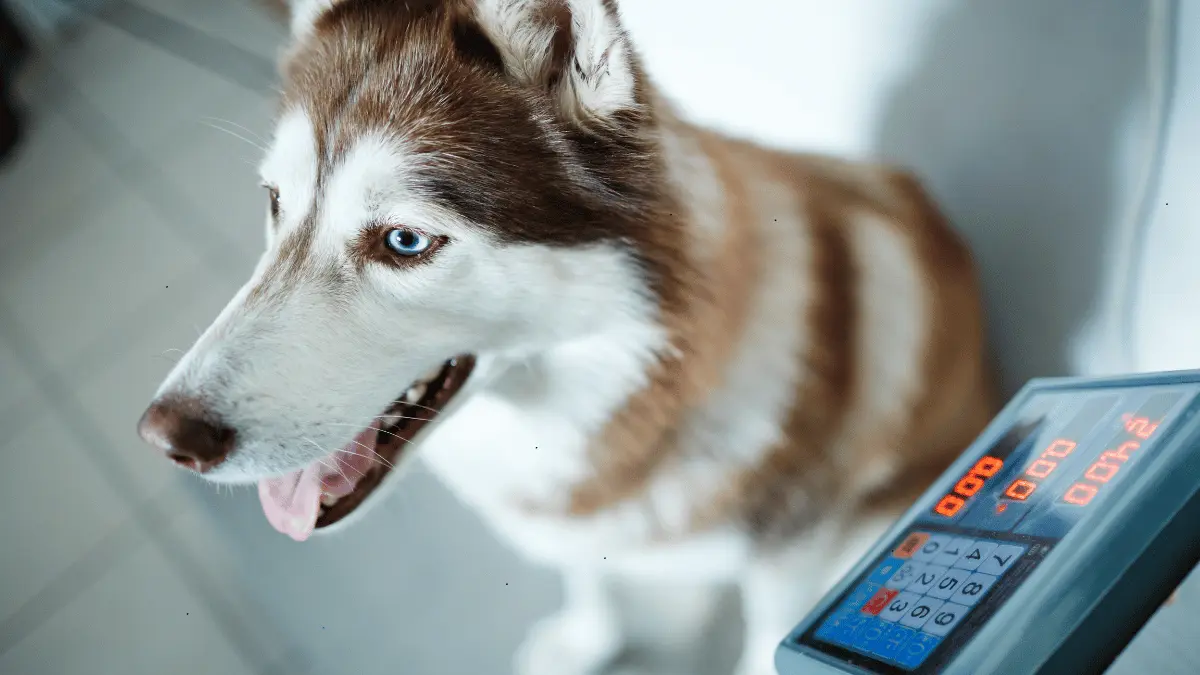How Nutritional Needs Of Cats Differ From That Of Dogs
Cats and dogs, while both beloved companions, have distinct nutritional requirements. Understanding these differences is crucial for ensuring the health and well-being of your furry friends. In this blog post, we’ll delve into the key nutritional disparities between cats and dogs.
Essential Amino Acids: A Foundation for Protein
Both cats and dogs require essential amino acids, which their bodies cannot produce on their own. However, cats have a more stringent need for taurine, an amino acid vital for heart, eye, and reproductive health. A deficiency in taurine can lead to serious health problems in cats. Therefore, it’s essential to feed your cat a high-quality commercial cat food that contains adequate taurine.
Carbohydrates: Fueling Activity
While both cats and dogs can utilize carbohydrates as a source of energy, cats are primarily carnivores and have a lower tolerance for carbohydrates compared to dogs. Excessive carbohydrate intake in cats can lead to obesity and other health issues. It’s advisable to choose cat foods that are low in carbohydrates and focus on protein-rich options.
Fat: A Vital Nutrient
Fat is an essential nutrient for both cats and dogs. It provides energy, helps absorb vitamins, and supports healthy skin and coat. However, the type of fat is crucial. Cats require a higher proportion of omega-3 fatty acids, which are beneficial for heart health and can help reduce inflammation. Look for cat foods that contain a good balance of omega-3 and omega-6 fatty acids.
Vitamins and Minerals
Cats and dogs have similar requirements for most vitamins and minerals. However, there are a few exceptions. Cats have a higher need for vitamin A and thiamine. Additionally, cats require vitamin D from their diet, while dogs can synthesize vitamin D from sunlight.
Feeding Frequency
Cats are typically more frequent feeders than dogs. They often prefer smaller meals throughout the day. Dogs can usually go longer between meals, especially if they have access to plenty of fresh water.
While cats and dogs share many nutritional similarities, their specific needs differ in several key areas. By understanding these differences, you can provide your pet with the optimal diet to support their health and longevity. Remember to consult with your veterinarian for personalized advice on your pet’s nutritional needs.
Keywords: cat nutrition, dog nutrition, taurine, amino acids, carbohydrates, fat, vitamins, minerals, feeding frequency, pet health














